The Independent's journalism is supported by our readers. When you purchase through links on our site, we may earn commission.
Where are the safest places to travel on holiday this summer?
The destinations with the lowest infection rates around the world
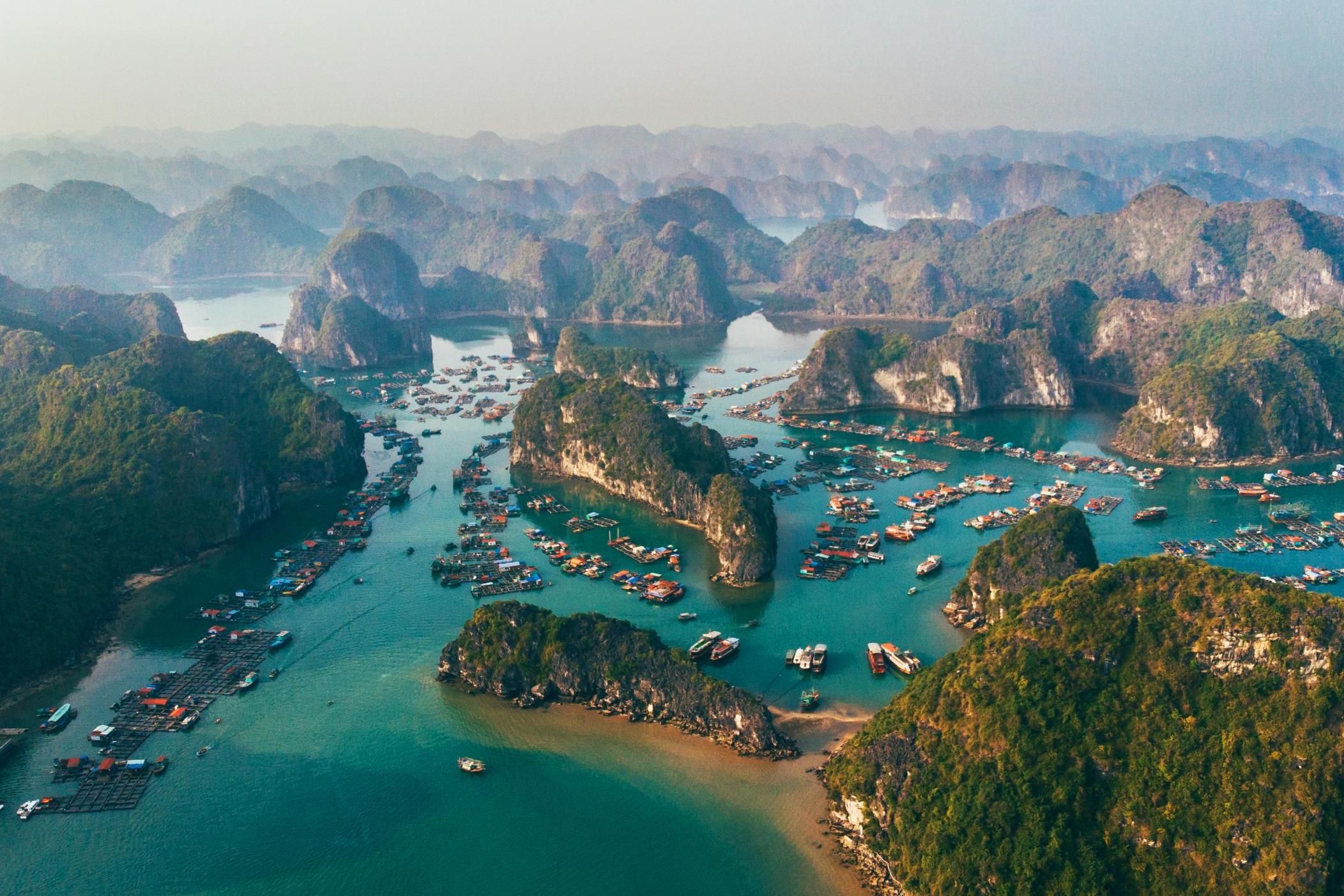
As the travel industry slowly grinds to life after a catastrophic few months, collective minds turn once more to the prospect of travel.
With Covid-19 infection rates varying from one country to another, we’ve looked at the destinations that official figures state have emerged favourably from the pandemic, with low caseloads and – in some instances – zero deaths.
Vietnam

Despite a long border with China and a population of 97 million people, Vietnam has recorded just 369 cases of coronavirus and zero deaths. The Southeast Asian country’s swift reaction to the pandemic in early January involved the implementation of travel restrictions, an intensive contact tracing operation and the monitoring and eventual closure of the border with China. Schools were closed for the Lunar New Year at the end of January and remained so until mid-May. Vietnam has previously dealt with outbreaks of SARS, avian flu and large outbreaks of dengue fever and measles, arguably making it more prepared than other countries to deal with the pandemic. Professor Guy Thwaites, director of Oxford University Clinical Research Unit (OUCRU) in Ho Chi Minh City, said the Vietnamese government “very, very quickly acted in ways which seemed to be quite extreme at the time but were subsequently shown to be rather sensible”.
Greece
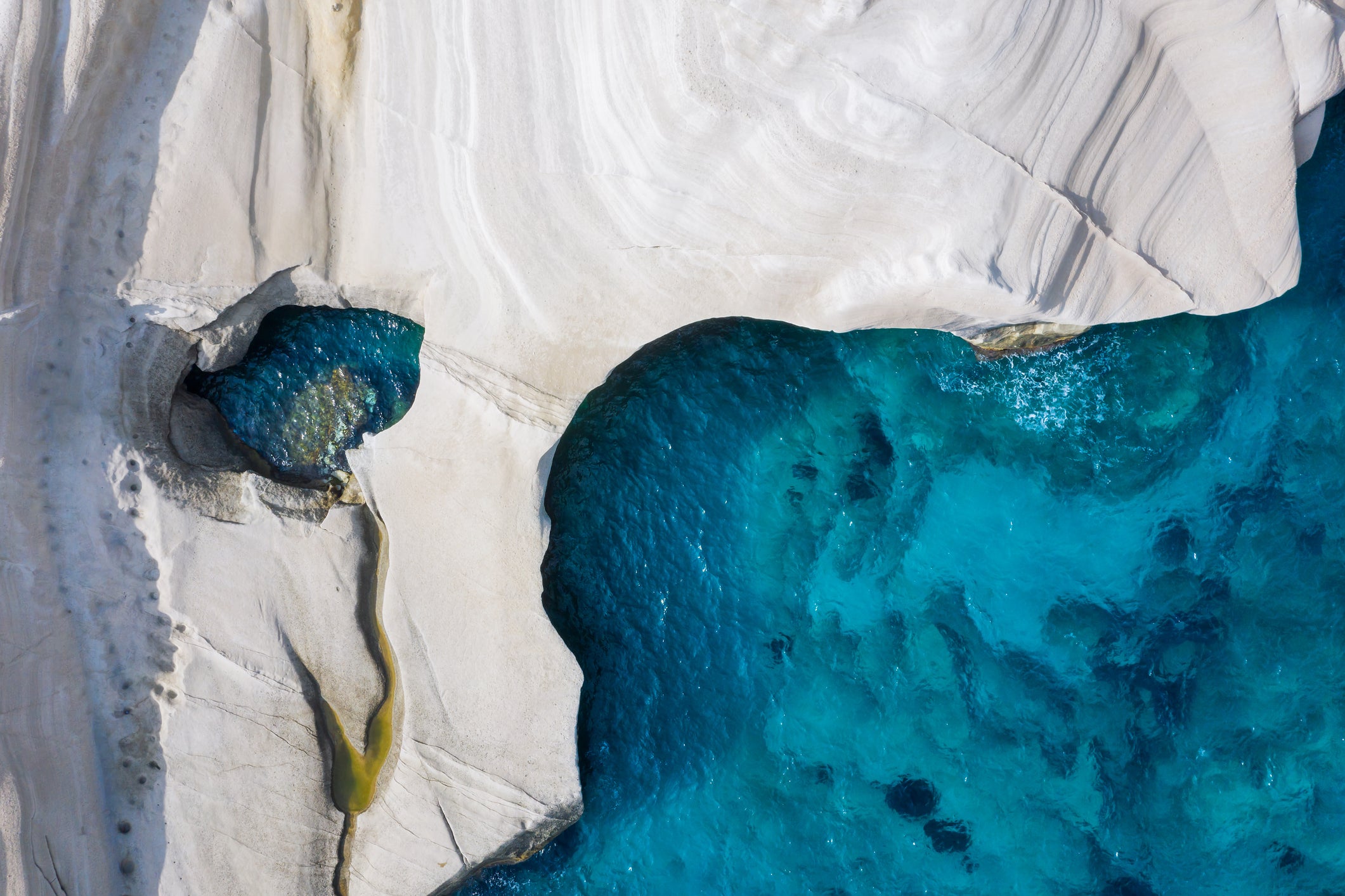
A firm favourite with UK holidaymakers, Greece’s handling of the coronavirus crisis has largely been a success. With a population of almost 10.5 million, the Hellenic Republic has reported just over 3,500 confirmed cases of Covid-19 and 192 deaths to date. Similarly to Vietnam, swift and decisive action by authorities is largely believed to be responsible. Just one day after the country’s first case was diagnosed in Thessaloniki, the government cancelled the annual carnival. This was followed a few weeks later by the closure of schools, bars, cafes and museums and the implementation of physical distancing measures. All arrivals to Greece were required to go through a two-week compulsory quarantine period or risk a fine.
Hong Kong
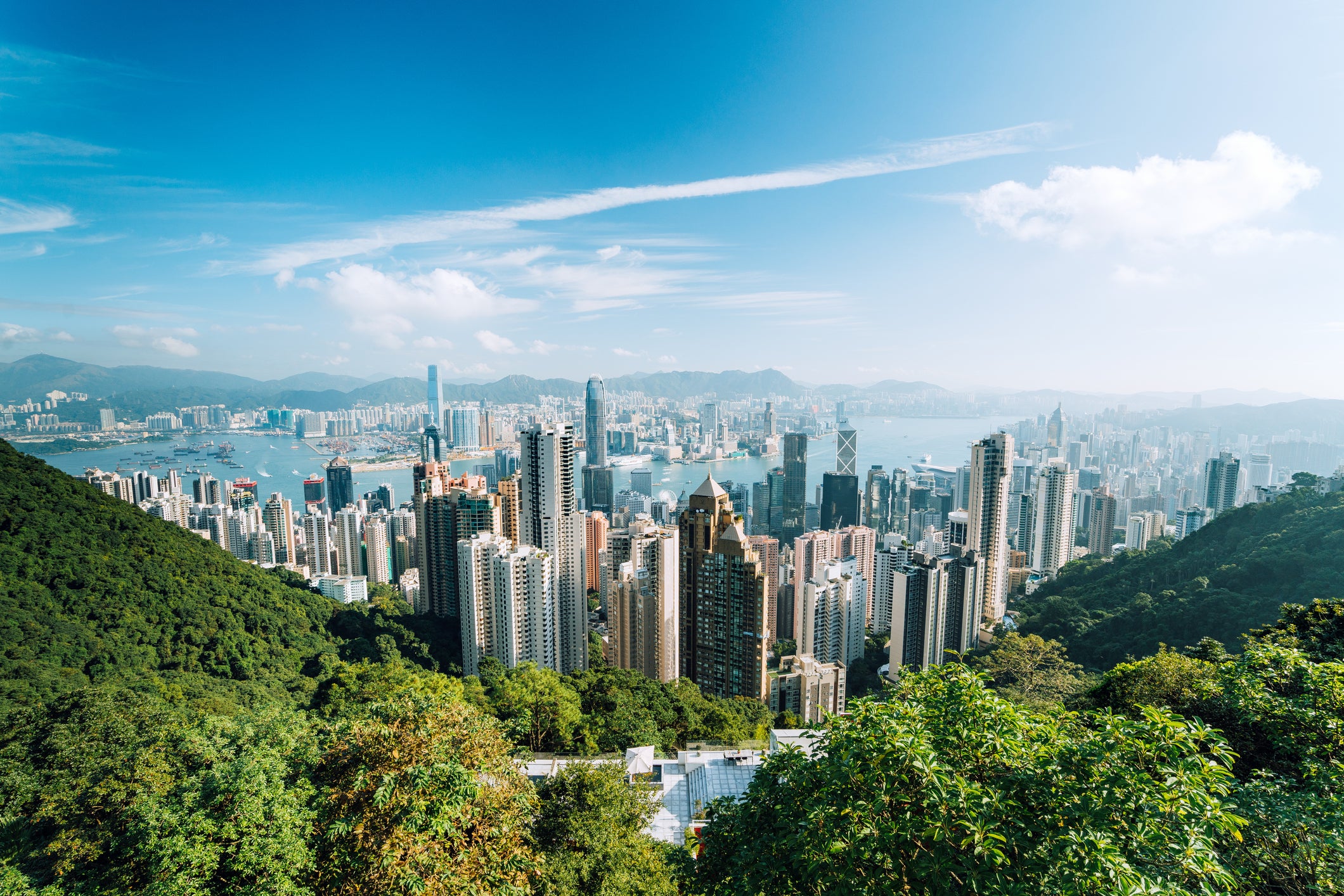
With a population of 7.4 million – many of whom live in small homes in tower blocks – Hong Kong has emerged from the Covid-19 pandemic remarkably unscathed. Only seven people are reported to have died from the disease and, out of 1,286 cases, a staggering 1,157 have recovered. Factors influencing these enviable figures include the universal adoption of face masks, which mounting evidence suggests is conducive to stemming the spread of the virus; the limitation of travel between Hong Kong and the Chinese mainland; and the readiness of the public healthcare system for a pandemic, following the SARS epidemic in 2003.
Iceland
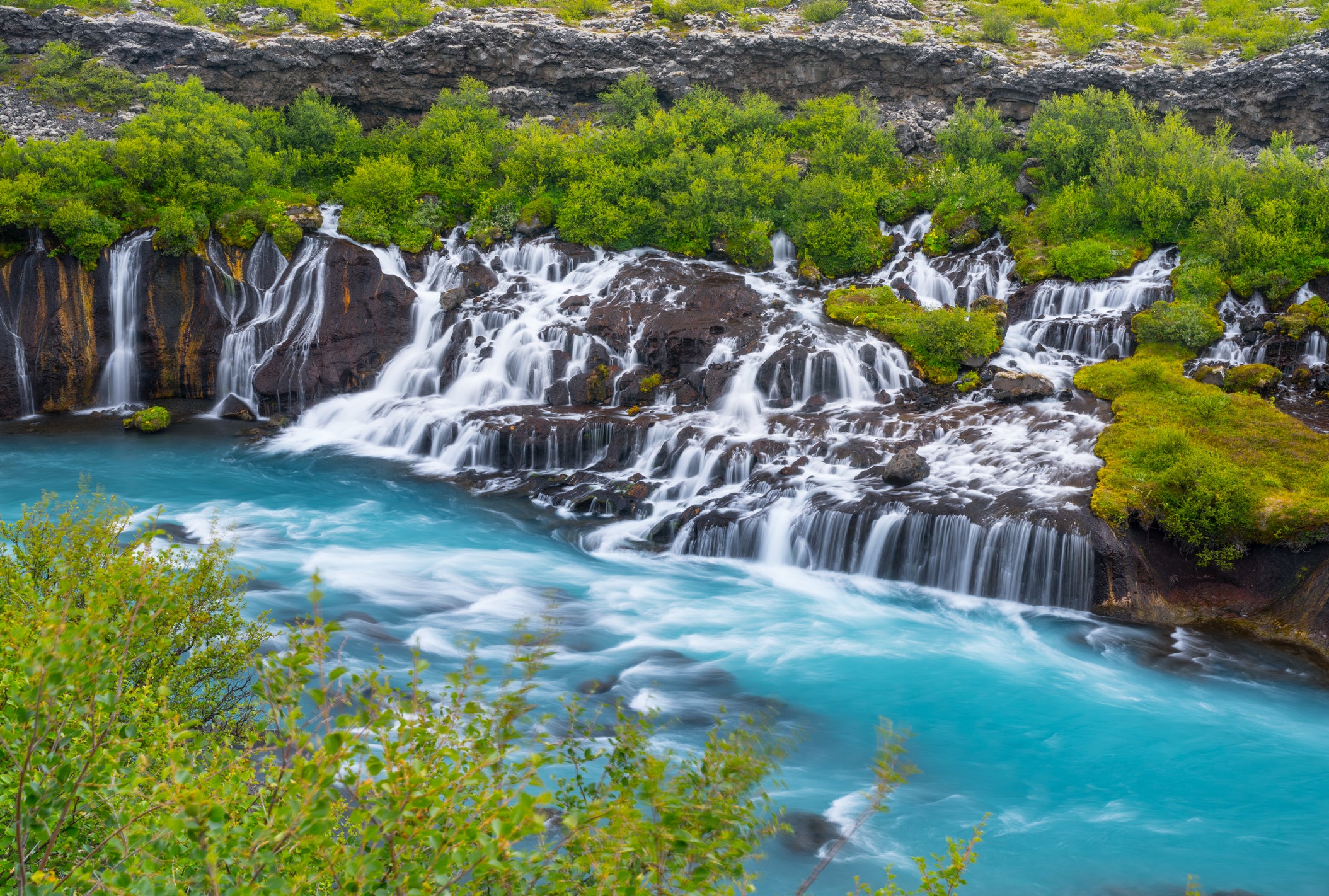
At the beginning of the Covid-19 pandemic, Iceland had more cases of coronavirus per capita than any other Scandinavian country – and even more than the UK or Italy. Aggressive virus testing and quarantine measures – but no lockdown – mean that this small island with a population of 365,000 currently reports just 1,866 cases and 10 deaths. According to a report in the New Yorker, the mortality rate in Iceland actually declined since the arrival of the virus.
New Zealand
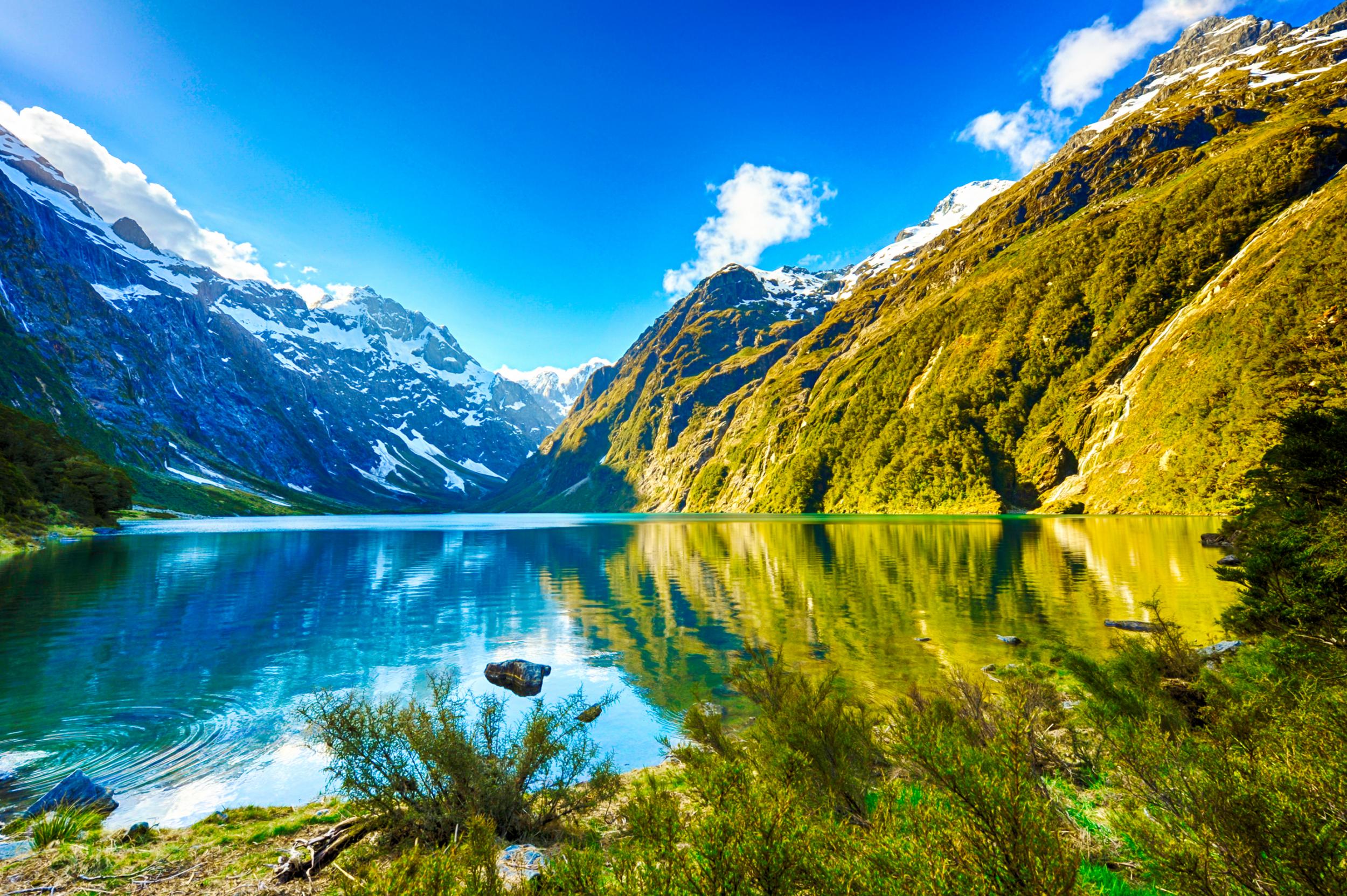
New Zealand drew international praise for its handling of the Covid-19 pandemic, which has seen 1,536 confirmed cases and 22 deaths. Prime minister Jacinda Ardern locked down the country for four weeks before slowly easing restrictions. But 24 days after the island celebrated being virus-free, two new cases were reported this week following the entry of two infected women to the country from the UK on compassionate grounds. Health minister Dr David Clark ordered the policy to be suspended until the government had “confidence” in the system. “Compassionate exemptions should be rare and rigorous and it appears that this case did not include the checks that we expected to be happening. That’s not acceptable,” Mr Clark said.
Trinidad and Tobago
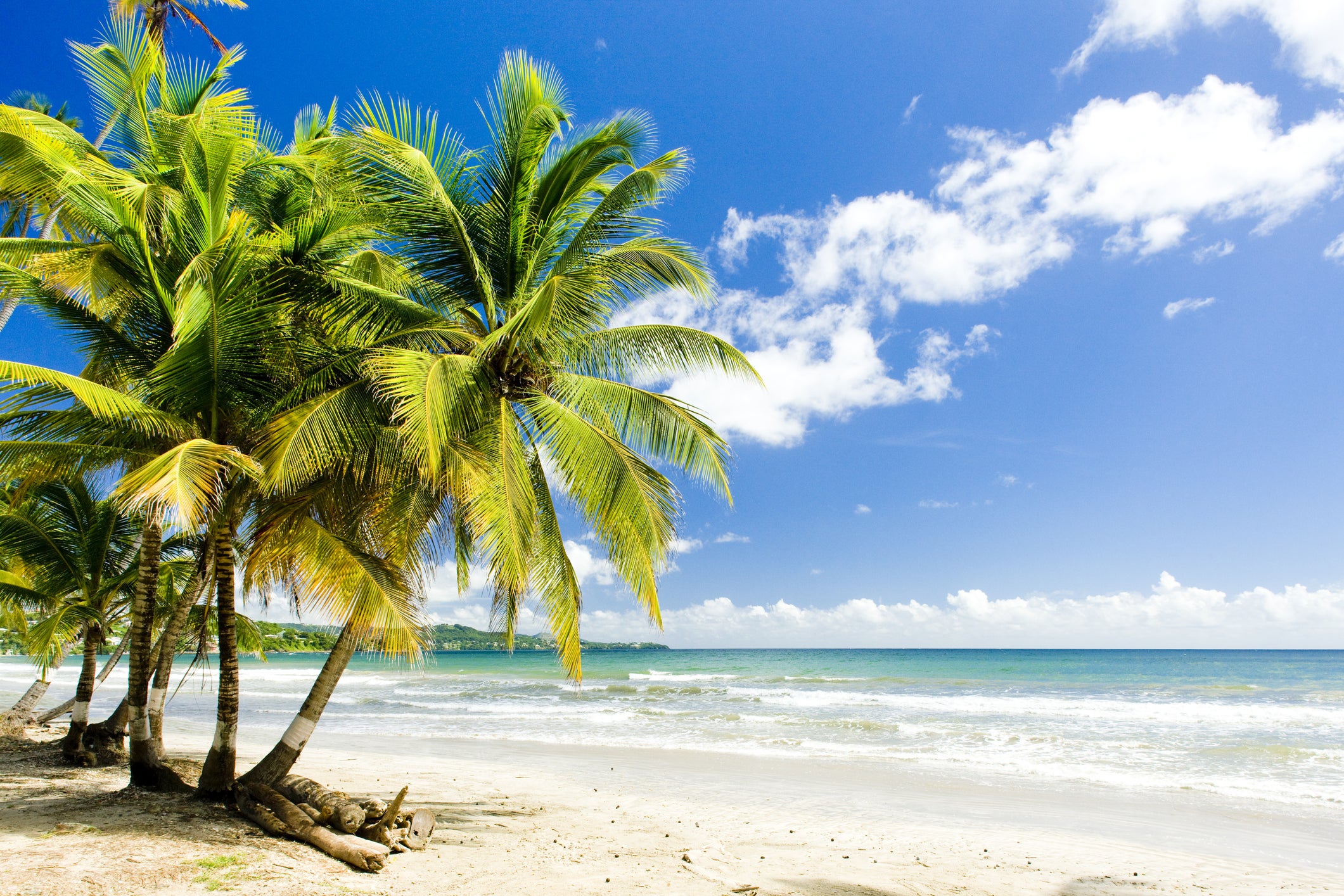
As one of the wealthiest countries in the Caribbean, the dual-island nation of just under 1.4 million people has also escaped relatively unscathed from the pandemic. Official figures state that, so far, there have been just 131 confirmed cases of Covid-19 and eight deaths. The closure of borders, schools, universities and bars in mid-March alongside lockdown measures are believed to have stemmed the disease.
Cambodia
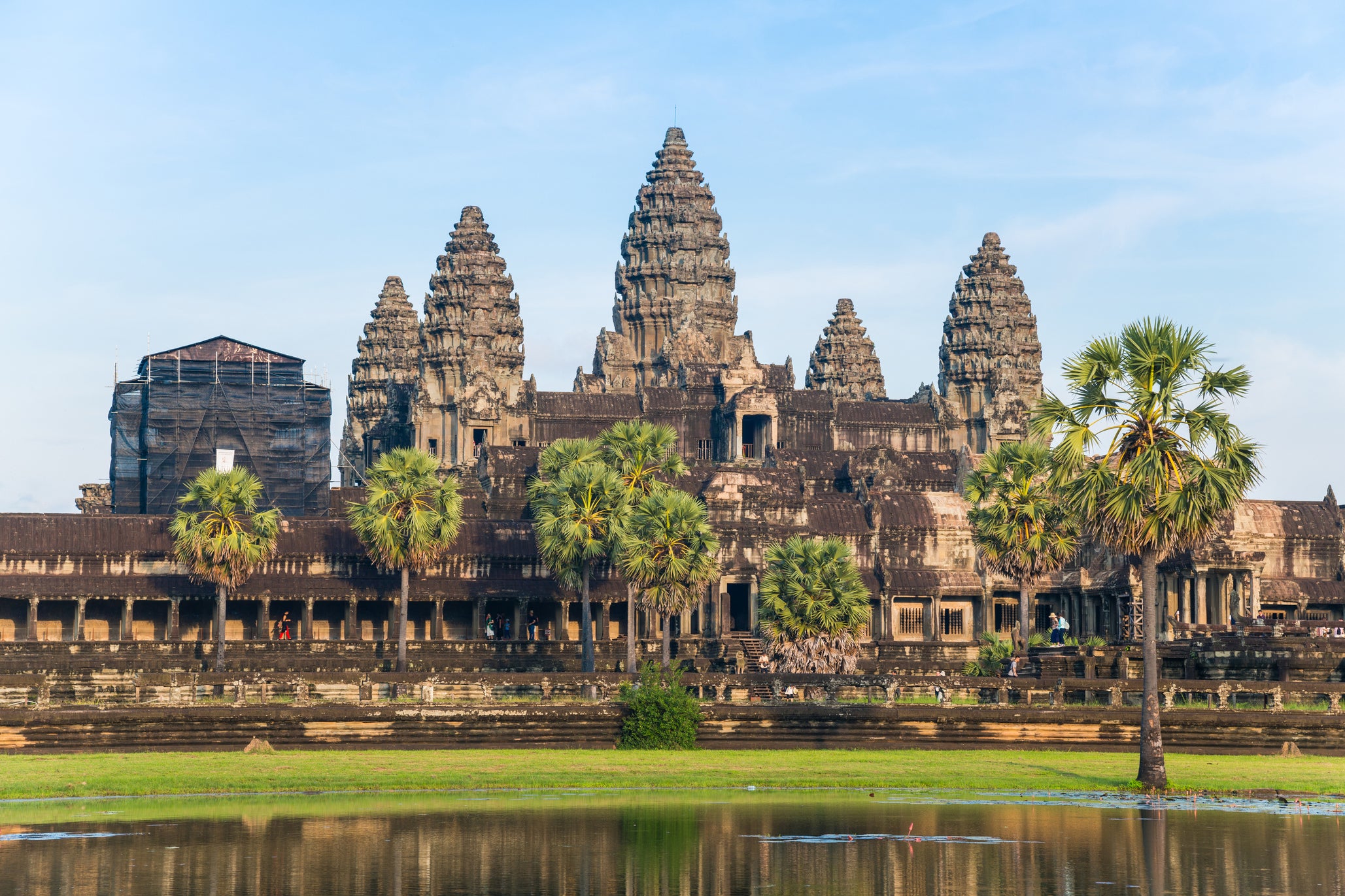
In numerical terms, it’s hard to argue with the official statistics on the impact of Covid-19 in this Southeast Asian country. To date, there have been zero deaths and 141 confirmed cases of coronavirus – an impressive feat in a country of 16.7 million people. However, a recent Foreign Office statement revealed that foreign travellers must pay a $3,000 (£2,400) deposit for “Covid-19 service charges” at the airport upon arrival. The guidebook writer and former tour operator, Neil Taylor, said: “I think this genuinely deserves the epithet ‘unique’ for its ruthlessness in deterring potential visitors.” The Foreign Office advised potential visitors to “think carefully” about whether they are able to “submit to these requirements” prior to travel.
Join our commenting forum
Join thought-provoking conversations, follow other Independent readers and see their replies
Comments